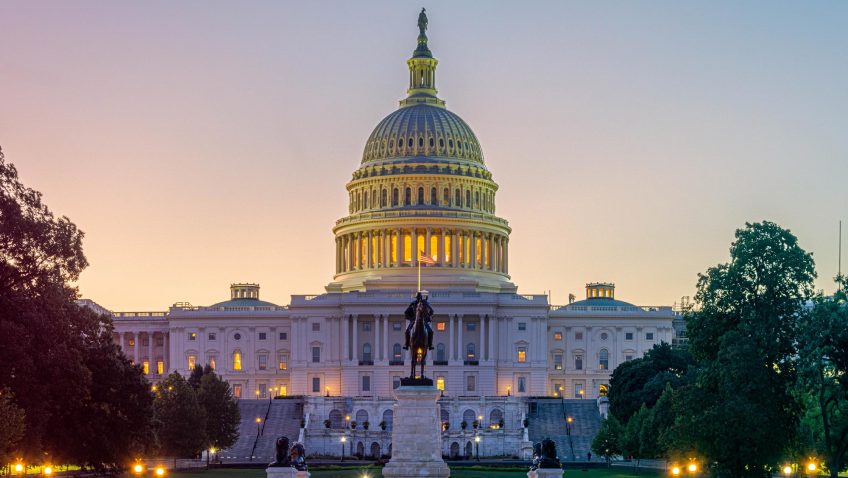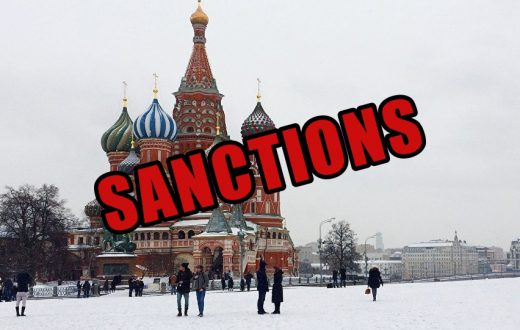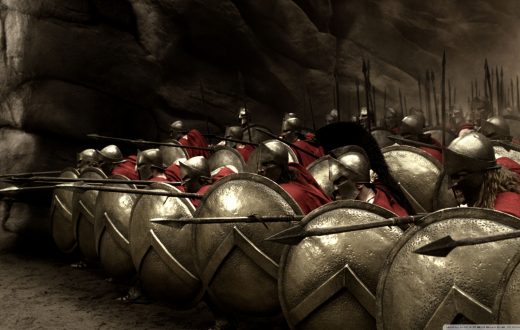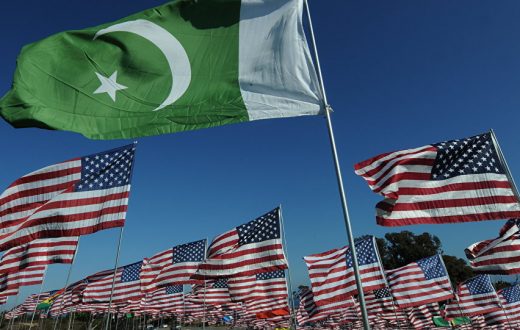The House of Representatives, the lower chamber of the United States Congress, has recently passed a bill aimed at granting statehood to Washington, D.C. The House Resolution 51 – the Washington D.C. Admission Act-, passed with a vote of 232-180 on June 26, with the majority of House Democrats supporting the initiative to give birth to the 51st U.S. state. Even though this vote can certainly be considered historic, it is worth noticing that it doesn’t constitute the first ever attempt to turn the district into a real state. In fact, the push for statehood has been particularly strong in recent years, and both Bill Clinton and Barack Obama supported it during their presidency.
The reasons behind embracing a changing of status for D.C. are various. Firstly, the District of Columbia is large enough to be a state. With around 705,000 residents, the area counts more people than Vermont and Wyoming, and in term of numbers is almost comparable with other states such as Delaware or Alaska. Secondly, to make D.C. completely autonomous would be a synonym of achieving full representation. In this sense, the local population has neither a Senator nor a House Member, but just a non-voting delegate -Eleanor Holmes Norton-, who can only draft legislation. Another favorable point toward creating a new state is its adherence to constitutional principles. The U.S. Constitution states indeed that Congress has the authority to redefine the borders of the federal district and shrink its size. Such act has already been done in 1846, when the portion west of the Potomac river was returned to Virginia.
Following this frame, the bill would resize the federal capital to a small area which encompasses, among others, the White House, the Capitol building, the Supreme Court and the National Mall. The rest of the city would become the 51st state, named the Washington, Douglas Commonwealth after abolitionist Fredrick Douglas. But the necessity for a new state has also been raised among racial justice turmoil following George Floyd’s death, in particular after the forcible clearing of peaceful protesters outside the White House to allow President Trump’s photo op at a local church. For this reason, making D.C. a state would enfranchise the city’s very large African American population, thus making an important victory for civil rights.
Despite remarkable, the bill is not expected to go too far, mainly for the vehement Republican opposition. Currently, Republicans control the Senate, hence making the chance to pass the bill from the House to the upper chamber extremely low. President Donald Trump is of the same opinion. He pointed out that he’s ready to veto the bill in case it reaches his office, thus making it clear that for now there is no will to increase democratic power in the Senate. In order to assess whether the project of an independent D.C. could be effectively realized, it is necessary to wait for the next presidential elections. If democratic candidate Joe Biden wins in November, then the issue can be handled differently. However, the path to D.C. statehood will face some obstacles, including the so called ‘filibuster’, a practice that allows a minority of the Senate to block legislation. If approved, it will eventually end the ‘no taxation without representation’, considering that D.C. residents pay the highest federal taxes per capita but still don’t have any representation in Congress.






